The Independent's journalism is supported by our readers. When you purchase through links on our site, we may earn commission.
I gave up drinking three years ago – this is what you need to know before you do too
Laying off the booze was meant to feel good, says Melanie Rickey, so why did it leave her feeling so awkward and anxious? As many begin Dry January, she explains what she needed to do to get to a ‘happy sober place’

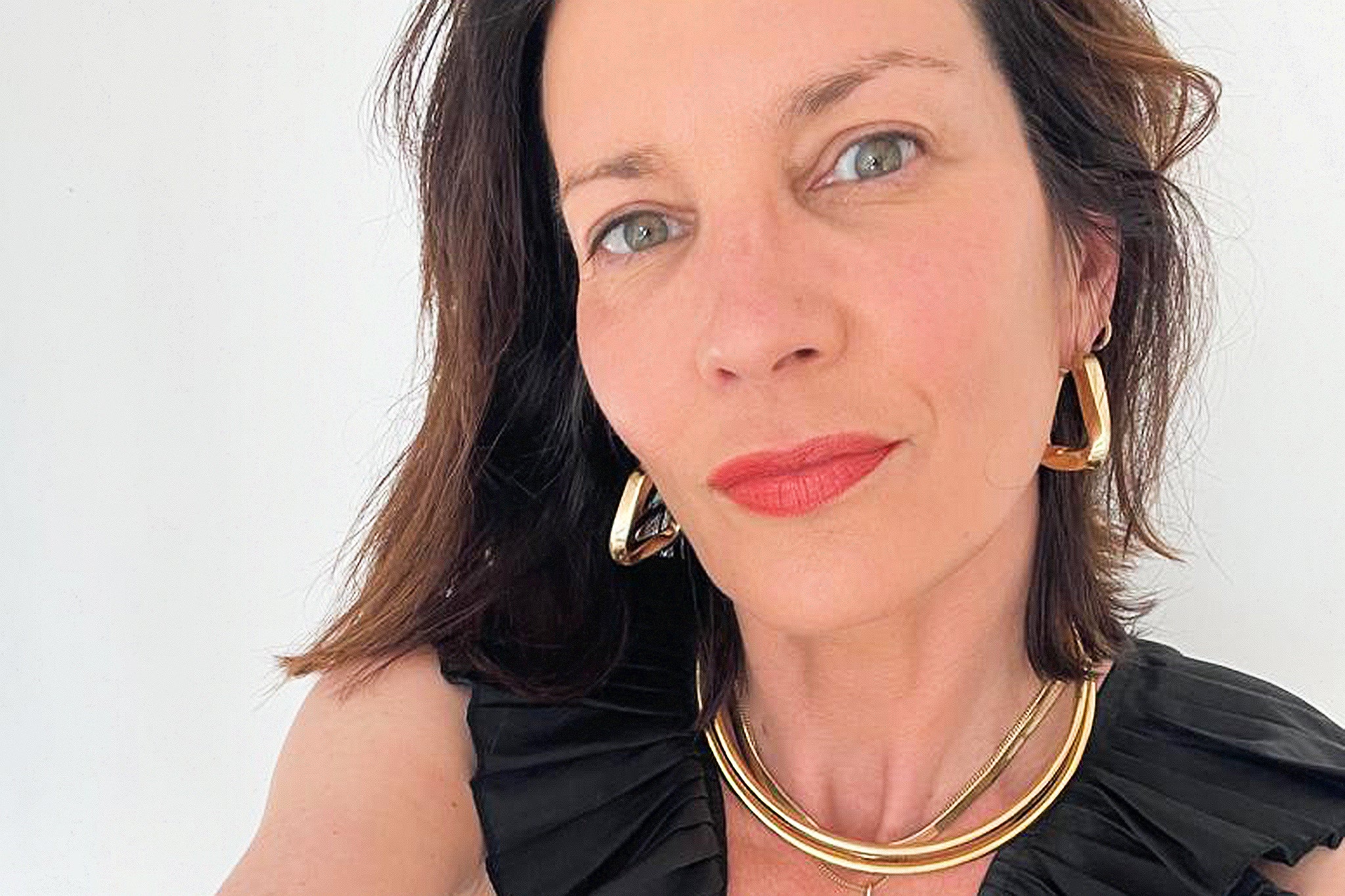
At my local pub for lunch the other day I requested a bottle of my favourite alcohol-free beer, Lucky Saint. “I’m afraid...,” the barman admitted in bewildered disbelief, “we’ve actually sold out of all our alcohol-free drinks today.”
I wasn’t as surprised as he was as more people than ever are moving from being sober-curious to giving up completely. Four million British adults are now teetotal and one in four Gen Zs choose not to drink at all. Combine that with the number of moderate drinkers who switch between non and alcoholic drinks on a night out hitting an all-time high of 40 per cent, and you can see why our local boozers are having to rethink how they stock their bars.
I’m someone who gave up drinking three-and-a-half years ago, and it’s quite a novelty to have so many comrades at the pub. But there are certain things everyone partaking in Dry January should know if they are considering it for the long term.
You’ve probably heard all the good things about giving up alcohol, and they are all true. The times you felt awful waking up – gone! That bloated face – contours restored! Wine tyre? What wine tyre? You’ll experience the famous “sober glow”, have better sex and, sidenote, you will instantly see which friends need to cut back or quit too. But these are only the surface results of first-flush sobriety.
If you’re one of the 18 million people who regularly binge drink, smashing through the daily recommended safe amount of alcohol in one sitting, you’ll be familiar with hangovers that last for days, crippling anxiety, possible panic attacks and then (weirdly) looking forward to the next session so you can quieten your mind. Until the next time.
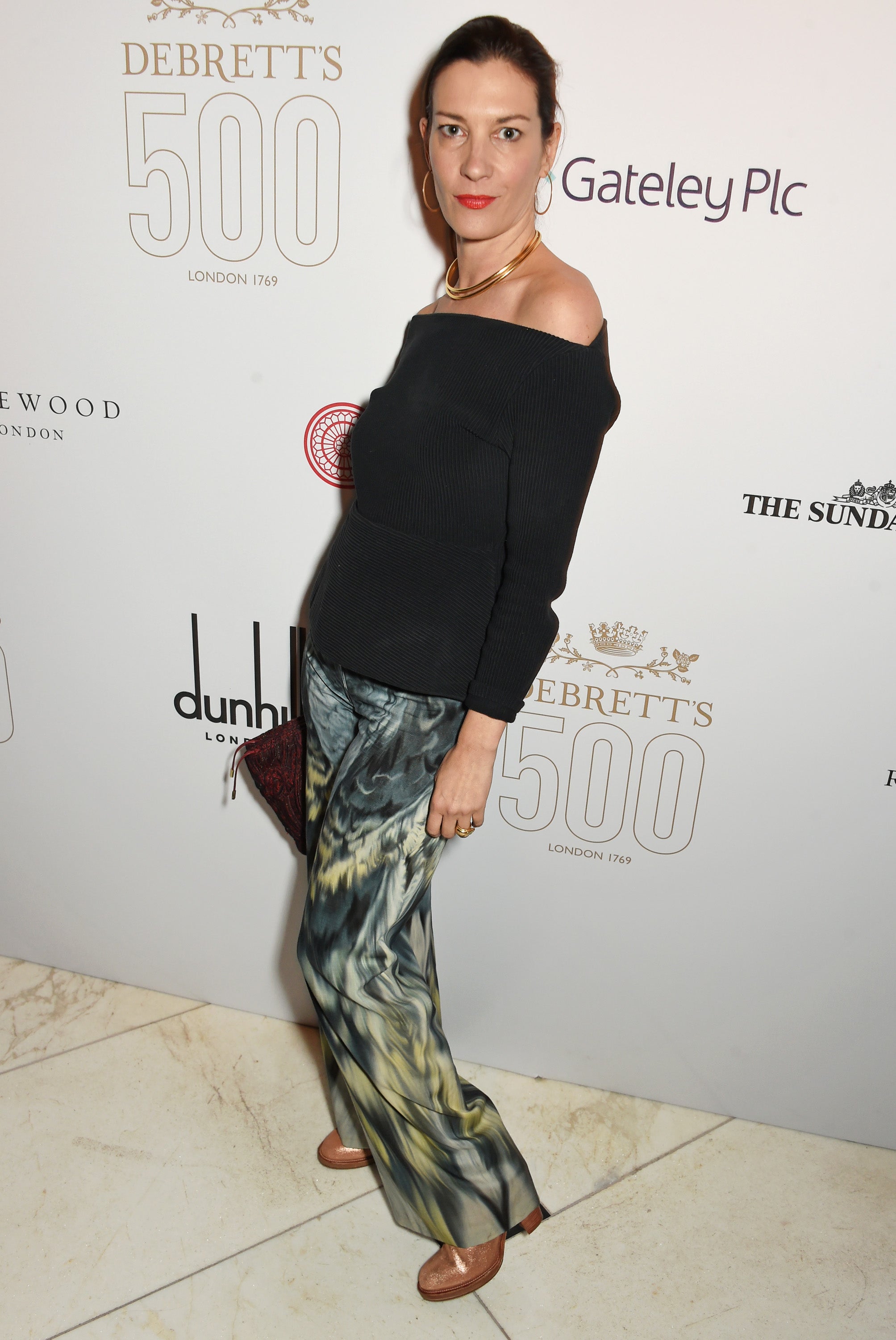
I, too, was one of those people. Though I was never hospitalised for the physical effects of my binge drinking, by the time I stopped at the onset of the pandemic my mental health and self-esteem were in tatters, I had regular panic attacks, and my post-divorce life was a hot mess. My last binge scared me so much that I thought I was dying from a stroke. I checked into 28 days of rehab for drug and alcohol misuse in March 2020 and haven’t had a drink or any other mind-altering substance since.
But what I’ve really learnt since quitting are the deeper, harder lessons of being alcohol-free and, more recently, thankfully, the solutions to them. There will be some shame and blame. Difficult apologies might need to be made. Some friends do fall away, and it can get incredibly lonely. In social situations, you’ll have to justify not drinking, and drinkers often feel duty-bound to justify their drinking back to you. Still, these don’t come close to the very worst thing about my sobriety, which is what happened inside my mind.
Many people who drink too much often live with busy, anxious, fearfully procrastinating mindsets, affectionately known in recovery circles as “Washing Machine Brain”. Drinking only makes WMB worse, but it’s easier to shut up a churning brain with another drink. It’s such a vicious cycle, and why – despite sobriety increasingly becoming a lifestyle choice – millions of people never get around to stopping.
Things you can really only know when you’re sober? That Washing Machine Brain will still be there when you stop drinking, only louder and more insistent. Dealing with it has been my hardest task since becoming a non-drinker; almost as difficult as admitting I had a problem in the first place.
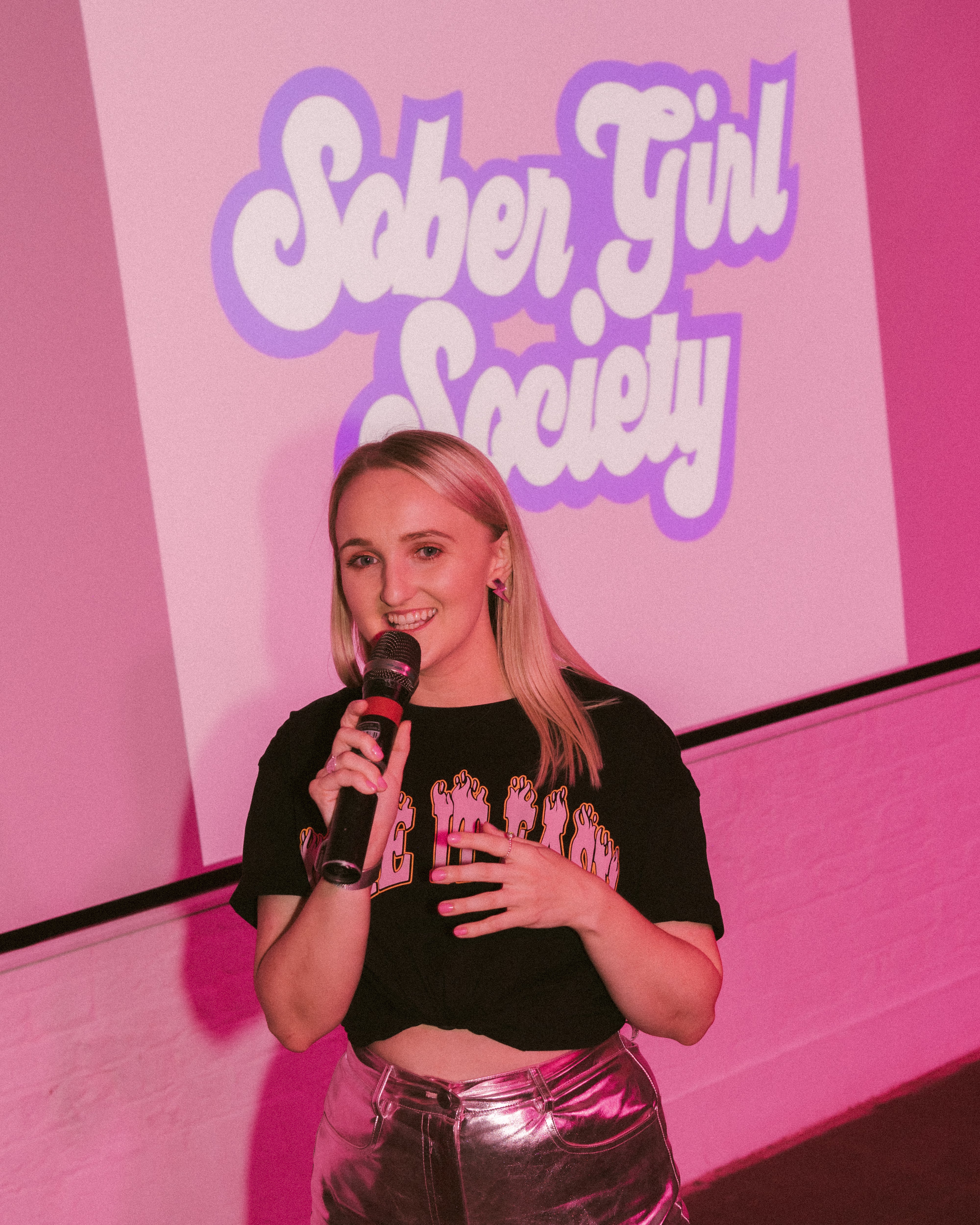
It’s a kind of mental kung-fu of anxious, unkind, and often quite shame-inducing thinking that consumes your waking hours – if you let it. Unknowingly, I did. Like my addictive nature, I thought my spinning brain was a fact of my life. Having quit booze during the pandemic, the opportunity to learn to socialise without alcohol wasn’t available, so when restrictions were lifted, I simply didn’t re-enter society. I turned FOMO (fear of missing out) into JOMO (joy of missing out). Why? I didn’t have a single clue how to be a confident non-drinker.
Despite attending AA meetings, practising meditation and prayer, and carrying out all the things that do help, I remained at sea in my life – a bit like a lost adult teenager – until I decided to recognise the inherent enough-ness of my new sober self to do something positive. Mo Gawdat’s book Solve for Happy helped me change my relationship with negative self-talk – he called his unhelpful inner voice “Becky” after an annoying girl at school.
To shut my busy, overthinking mind up, I had to force myself to connect with lovely people in positive places, rather than hide out at home. While out and about, rather than feel socially awkward without a Rioja in my hand, I decided to try some of the new alcohol-free drinks on the market. My favourites now are Lucky Saint, Æcorn Bitters, San Bitters and Three Spirit, and the alcohol-free cocktails at The Standard Hotel take some beating.
And I’m not alone in my alcohol-free socialising. More and more people are now quitting or moderating before reaching rock bottom. The alcohol-free industry is booming because of it. And anyone dipping their toe into Dry Jan can find a flourishing social whirl, from comedy nights by Sober is Fun to day clubbing with House of Happiness or Morning Gloryville.
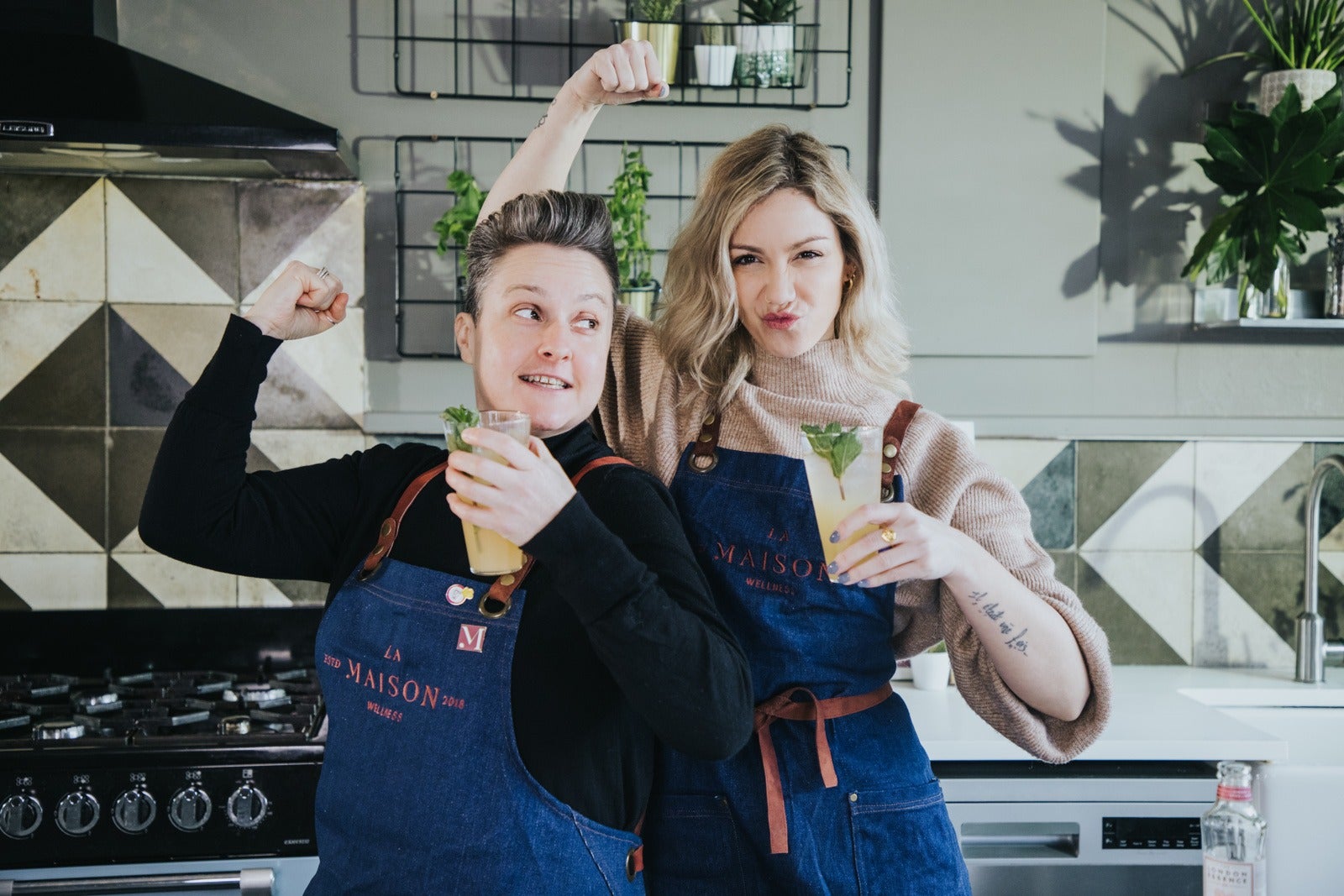
The impulse to build a new, supportive sober community is where Ruby Warrington’s Sober Curious movement has sprung from, and it’s why Millie Gooch’s Sober Girl Society has a 203,000 strong club of young women who get together to re-learn how to go out sober. When she quit drinking aged 26 in 2018, Millie Gooch was, like me, a bit awkward in her sobriety. Most of her friends drank alcohol and didn’t understand her decision. “I had anxiety, panic attacks, and realised I didn’t know how to deal with being sober on the day-to-day,” she admits. “My friends couldn’t help, and I quickly realised I needed sober friends.” The outcome was her Instagram account @sobergirlsociety, which has since become a book and a social movement with regular meet-ups to learn to tackle brunch without booze, sober clubbing and burlesque lessons to build sexual confidence.
Ruby Warrington’s Sober Curious movement was founded in 2013 on the idea that people can become curious about not drinking over a period of time without committing themselves to giving it up for the long term. “I didn’t want to start something that rammed sobriety down anyone’s throat,” Ruby explains. “I wanted people to come to the realisation that they might be happier without alcohol on their own terms, even people who are on the spectrum of alcohol abuse. The natural curiosity to try it out becomes very powerful, empowering and sustainable and ultimately gives people agency over their choices.”
Though being part of a 12-Step Fellowship like AA works for me, not everyone wants to identify as an addict and hand their life over to the 12-step programme. “I think the structure of it scared me,” says Claire Hatwell, who shared her recovery from alcoholism on her blog, My Not So Secret Diary, and now works as a sober coach offering one-to-one Zoom sessions and weekly groups chats where her mostly female clients check in to share their progress and worries.
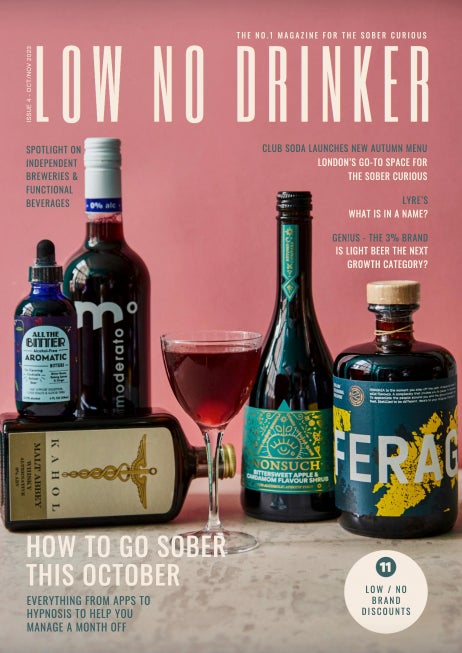
Sober courses are another valid option. Laura Willoughby quit drinking 11 years ago by going on a sobriety course, and once successfully alcohol-free quickly realised Alcoholics Anonymous was not for her. Her big realisation, and one I can relate to as someone who grew up loving magazines and worked in the fashion industry, was “though you could pop to the shop for a magazine about weight loss, nobody would want to walk into a newsagent to pick up a magazine about going sober”.
Laura’s desire to create a positive lifestyle around sobriety has resulted in Club Soda, which offers helpful courses on how to rethink wine, and how to drink more mindfully. “I started it purely as a social impact business, I wanted to offer people behaviour change techniques,” she explains, “but weirdly, I’ve ended up becoming the biggest seller of alcohol-free drinks in the UK. When I started Club Soda, the only non-alcoholic drink I saw in pubs was Becks Blue. Now the choice and acceptability of people not drinking has shifted faster than any other social change I can think of.”
If you’re nodding away at this point, and recognise you might be drinking too much, but are anxious about the you that will be left, take it from me, it is something you can learn to manage. The negative self-talk, or the voice telling you to drink, can be tamed. It’s not an overnight win, but acknowledgement of it is the best place to start. Today, I feel like I’ve experienced two versions of sobriety. The first was stopping drinking. The second was managing my spinning head.
If you’re going dry for January now, take it a day at a time. If your mind is telling you to drink, have a cup of tea and wait 15 minutes. Most cravings will pass in that time. If you’re aiming for a longer-term sobriety, don’t allow it to close your life down like I did. Connect, don’t isolate yourself, and make it your mission to drink and socialise differently. Above all, don’t let your Washing Machine Brain rule your thinking, because it’s a total waste of your valuable time. In my case, it was as simple as getting out of my own way, and now I find the socially awkward, introverted version of me is no longer who I really am. And cheers to that.
Things to Do When You are Sober
Book a night at Alcohol-Free Comedy Club.
Do a Sober Curious 100 Day Reset
Attend a Sober Girls Society Meet-up
Go Sober Clubbing with House of Happiness and Morning Gloryville






Join our commenting forum
Join thought-provoking conversations, follow other Independent readers and see their replies
Comments